While “House of the Dragon” was a welcome spinoff, HBO had planned far too many more that don’t really seem to interest anyone.
Some were canceled, some are in the making, while the status of others remains unknown.
Here are the 9 spinoffs I think are unnecessary – especially given the GOT’s embarrassing final season.
1. A Knight of the Seven Kingdoms
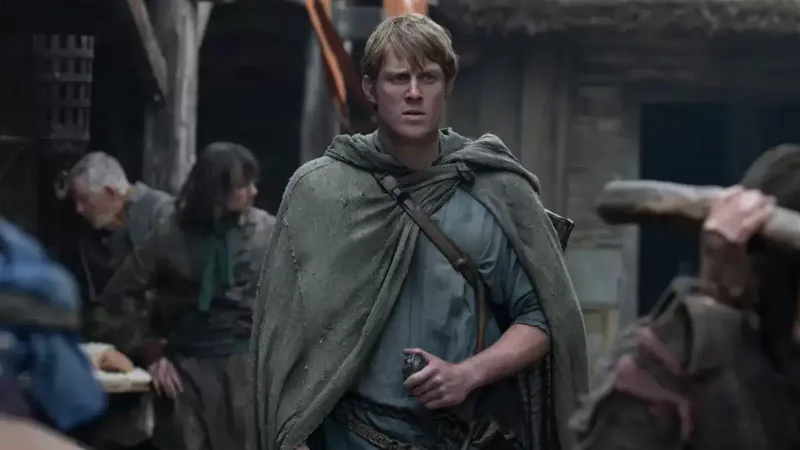
“A Knight of the Seven Kingdoms” follows the tales of Ser Duncan the Tall and his squire, Egg. Set before the main events of “Game of Thrones,” it dives deep into Westeros’s past.
While intriguing for die-hard fans, this spinoff might cater more to a niche audience. Its historical setting lacks the political intrigue and drama that kept viewers glued to “Game of Thrones.”
It could serve as a filler rather than a captivating narrative, appealing mostly to those who crave more background lore.
2. Aegon’s Conquest
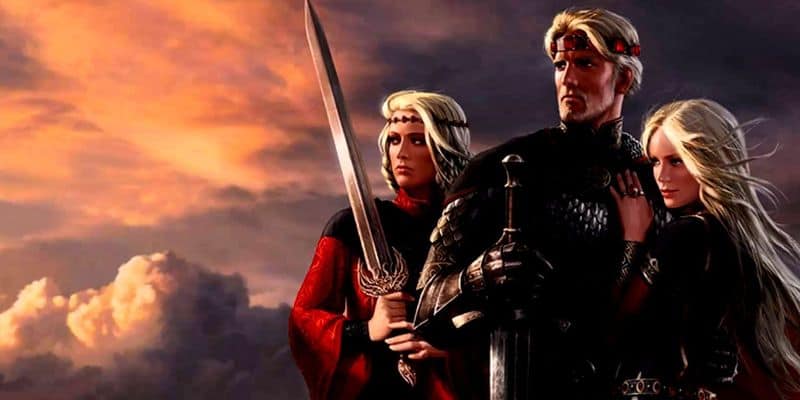
“Aegon’s Conquest” explores the legendary tale of Aegon Targaryen and his dragons. His unification of Westeros is iconic, but does it translate to a compelling series?
It risks rehashing familiar themes of conquest and power. The lack of character diversity might limit its appeal, focusing on Targaryen supremacy.
This spinoff could feel like a history lesson rather than an engaging story, perhaps better suited as a special feature or documentary, rather than a standalone series.
3. The Sea Snake / Nine Voyages
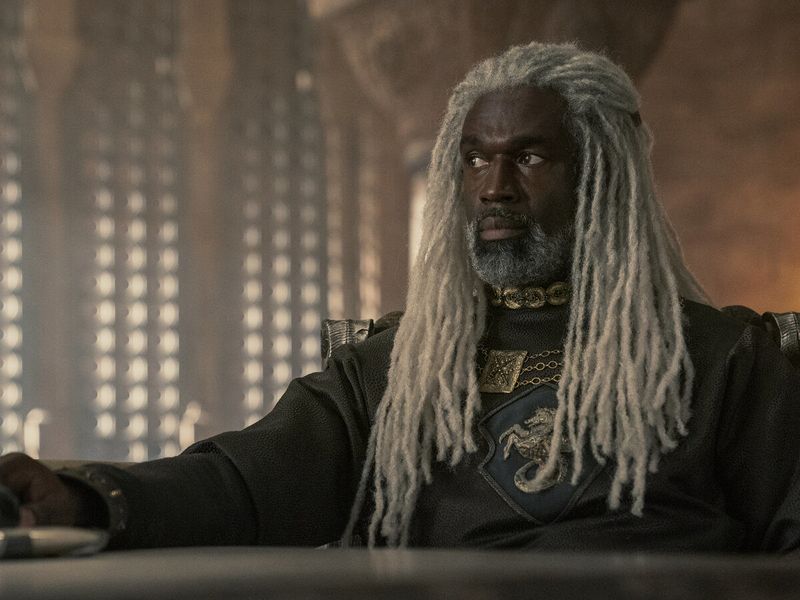
The adventures of Lord Corlys Velaryon, known as “The Sea Snake,” promise maritime escapades.
While the concept of exploring unknown territories is exciting, it might lack the depth needed for a full series.
Viewers may find it challenging to connect with seafaring tales that diverge from the familiar drama of Westeros. Its appeal could be limited to those fascinated by nautical adventures.
The series might work better as a companion piece rather than the main course, offering glimpses into the vast world beyond Westeros.
4. Ten Thousand Ships
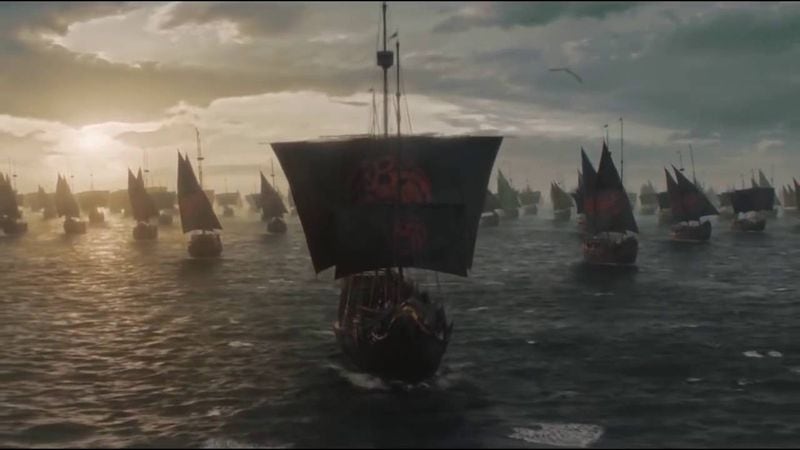
“Ten Thousand Ships” chronicles Princess Nymeria’s legendary journey. Her story of exile and leadership is inspiring, but the execution might struggle to maintain interest.
Sustaining narrative tension over a long voyage may prove difficult. While Nymeria’s character is strong, the repetitive theme of survival could wear thin.
A series could risk feeling like a prolonged expedition rather than a dynamic narrative.
It might be better suited for those who cherish epic tales, but could falter in delivering the rich complexities expected by audiences.
5. Snow

The continuation of Jon Snow’s journey appears enticing at first glance. Yet, expanding his story risks undermining his conclusion in “Game of Thrones.”
Revisiting familiar characters might lead to diminishing returns, sparking comparisons rather than offering fresh takes. The challenge is crafting new narratives without tarnishing the beloved saga.
While there’s potential for new adventures beyond the Wall, it might be best to let Jon’s story rest, preserving the legacy.
6. The Golden Empire

“The Golden Empire” delves into the distant lands of Yi Ti, a mysterious region. Though culturally rich, its distance from Westeros might alienate viewers seeking the familiar political drama.
Yi Ti’s mythology could be intriguing but may lack the gritty realism that defines “Game of Thrones.” The risk lies in creating a series disconnected from established narratives.
While it offers a fresh setting, the leap could be too vast for those tied to Westeros. It might flourish as a standalone fantasy, separate from the established saga.
7. Bloodmoon

“Bloodmoon,” set thousands of years before the original series, aims to unravel Westeros’s dark origins. While the concept is fascinating, it might alienate viewers expecting familiar faces and stories.
The challenge is creating engaging content with entirely new characters. It risks becoming too abstract, overshadowed by the absence of known elements.
The series might appeal to lore enthusiasts but struggle to captivate a broader audience.
Its allure lies in mystery, but without a clear connection to the beloved saga, it could falter in maintaining interest.
8. Flea Bottom
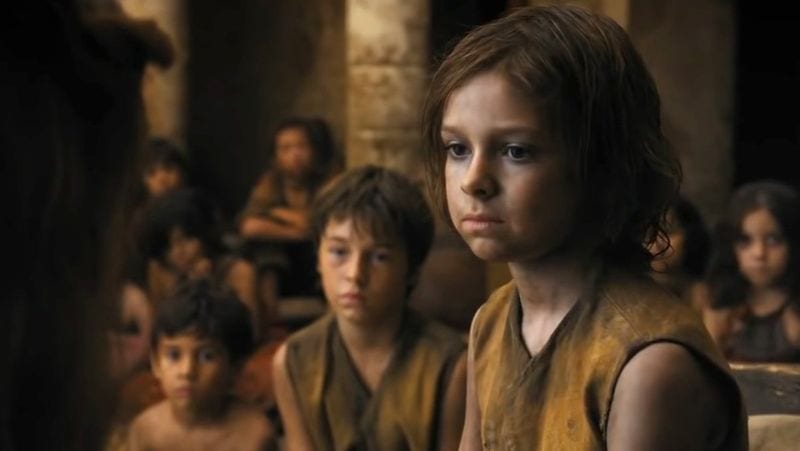
“Flea Bottom” focuses on the notorious slum of King’s Landing. While it offers a ground-level view of Westeros, it risks becoming a mundane retelling of city life.
The everyday struggles of its inhabitants might lack the epic scale fans expect. Without the overarching conflicts that define “Game of Thrones,” it might feel like a side story rather than a main event.
Its charm could lie in portraying the gritty realism of Westeros, but sustaining interest in a series centered on urban hardship may prove challenging.
9. Robert’s Rebellion

“Robert’s Rebellion” recounts the uprising that reshaped Westeros. While historically significant, it risks rehashing known events.
The challenge is offering fresh perspectives on familiar tales. With established characters involved, comparisons to the original series are inevitable.
The spinoff might struggle to deliver unexpected twists, feeling predictable. Its strength could be in exploring untold aspects of the rebellion, but it might better serve as supplementary content.
Fans might relish the backstory, yet it could lack the unpredictable nature needed to captivate new viewers.

